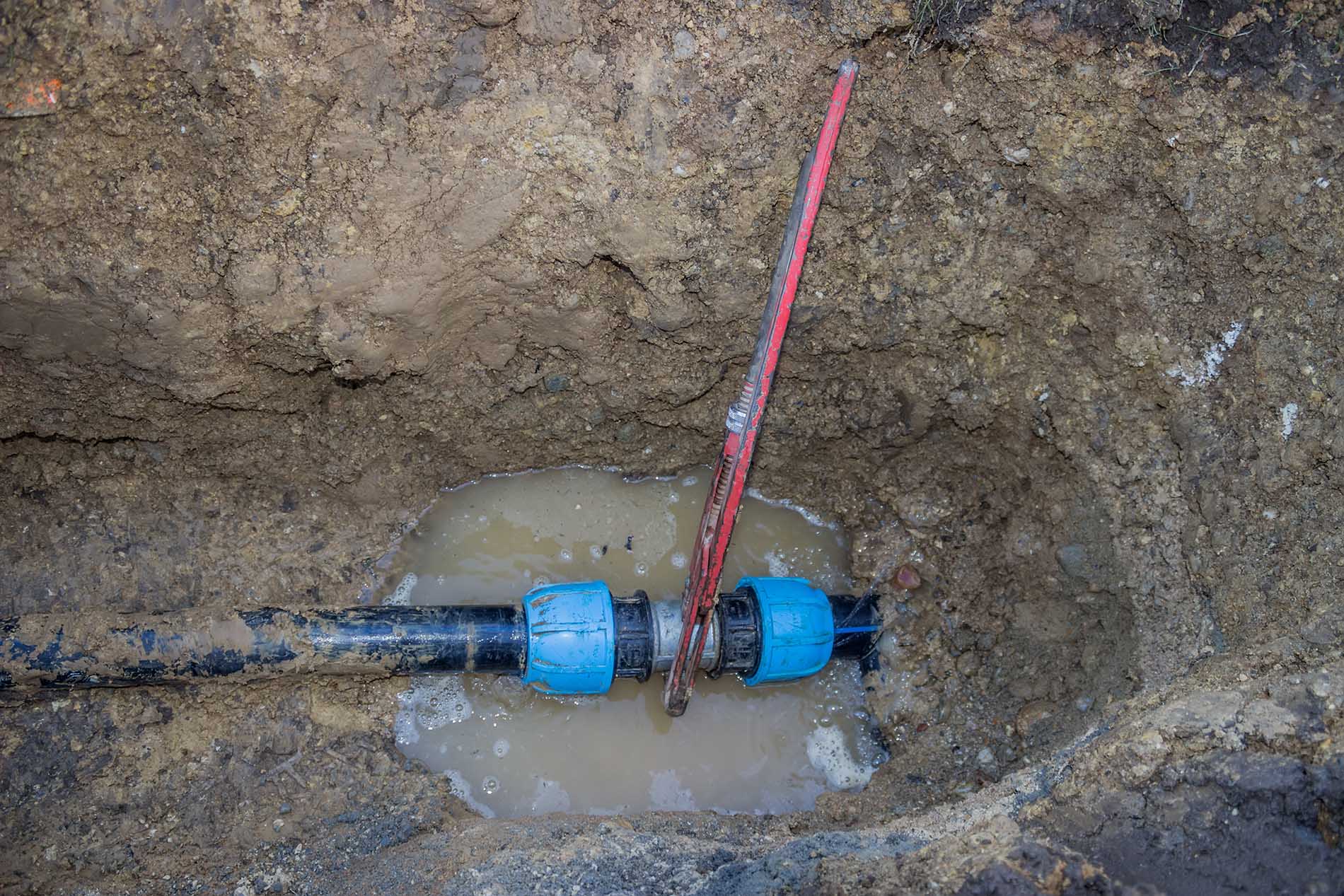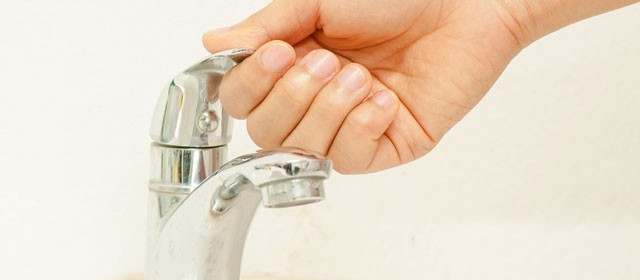The 5 Usual Water Leak Origins
The 5 Usual Water Leak Origins
Blog Article
They are making several great observations on the subject of How to Find and Prevent Water Leaks in Your Home as a whole in the article in the next paragraphs.

"Be cautious of little expenditures. A tiny leak will certainly sink a fantastic ship." - Benjamin Franklin.
He couldn't have been much more ideal because water leakages in our residences cause a waste of resources, enhancing our water expenses. Although this increase might appear minimal at first, it can bring about substantial expenditures that can damage your bank. Besides a rise in expenses, water leaks likewise cause unwanted natural development, architectural damages, as well as also electric threats.
Identifying if you have a water leak isn't always simple as a result of being not able to see a lot of the pipework in your house. If you have had a boost in your water costs lately, saw water stains on walls and also ceilings, smelt poor smell, etc. You might wish to take into consideration requesting plumbing services to get it had a look at.
There are numerous reasons for water leaks, and we have compiled the typical factors listed below. Inspect to see if you have actually had associated concerns in your house recently.
Clogged drains
Food fragments, dust, as well as grease can trigger clogged up drains and obstruct the passage of water in and out of your sink. Boosted pressure within the seamless gutters can create an overflow as well as end up fracturing or bursting pipelines if undealt with. To prevent blocked drains pipes in your home, we suggest you to stay clear of putting fragments down the tubes and normal cleaning of sinks.
High water pressure
You discovered your house water pressure is higher than normal however then, why should you care? It runs out your control.
It would certainly be best if you cared due to the fact that your ordinary water stress need to be 60 Psi (per square inch) and also although your residence's plumbing system is developed to withstand 80 Psi. An increase in water pressure can place a stress on your house pipes and result in cracks, or even worse, ruptured pipelines. If you ever before notice that your residence water pressure is more than typical, connect with an expert about managing it.
Rust
As your pipework grows older, it obtains weaker and extra susceptible to rust after the constant flow of water via them, which can eat away at pipelines as well as cause splits. A noticeable indication of rust in your house plumbing system is staining and although this may be hard to detect as a result of most pipes hidden away. We advise doing a regular checkup every few years and transform pipes once they are old to make sure an audio plumbing system
Weakened pipe joints
Pipe joints are the components of our plumbing system where the pipelines connect. It is important to keep in mind that also though pipes are developed to withstand pressure as well as last for a while, they weren't designed to last forever; therefore, they would deteriorate over time. A common sign of damaged pipeline joints is too much sound from faucets.
Damaged seals
One more reason for water leaks in houses is broken seals of house appliances that use water, e.g., a dishwashing machine. When such appliances are installed, seals are mounted around water connectors for simple passage of water through the maker. A busted seal can create leak of water when in use.
With little or no knowledge of plumbing, recognizing your residence's plumbing system sufficient to fix a few of these problems (without effect) can be a problem. Connect with plumbing specialists in Pittsburgh, Divine Superintendence, Rochester, and environ today, as well as they'll make those problems vanish.
He couldn't have actually been a lot more ideal because water leakages in our houses result in a waste of sources, boosting our water bills. If you have had a rise in your water bills lately, observed water discolorations on ceilings as well as walls, smelt poor odor, etc. An increase in water pressure can place a pressure on your residence pipelines and also lead to fractures, or worse, burst pipes. Another cause of water leakages in residences is damaged seals of residence appliances that make use of water, e.g., a dishwashing machine. When such appliances are set up, seals are mounted around water connectors for simple flow of water via the maker.
5 TIPS IN DETECTING A WATER LEAK IN YOUR HOUSE
Water leaks can be hard to find in your home, yet they can be so common. We rely on water every day in our home, which is why a leak can cause big problems. By detecting them early, you can save money and further damage, getting the problem fixed as soon as possible. Here are 5 tips to help you detect a water leak in your home, so you can contact a plumber straight away and get the issue sorted.
Check your water meter
Many people underestimate the value of the water meter in their home. It can be one of the best ways to tell if you have a leak early on, so you can get on top of it before issues start arising. Start by turning off all the water in your home: taps, washing machine, dishwasher, etc. Now take a look at the meter – if it’s still changing with everything turned off, it’s likely you have a fast-flowing leak that you need to get on top of straight away. If nothing changes, then leave your meter for an hour or two and come back to it. Did it change in this time? It’s likely you have a slower leak, which isn’t as urgent but still handy to get fixed so it doesn’t become a bigger problem.
Keep an eye on your bill
Another good way to detect a leak in your home is by keeping an eye on your water bill. It helps if you have a past bill from the same period of time. You can compare like for like and determine whether your water usage has increased significantly. If it has, there may be a leak in your system that you haven’t picked up before. A professional plumber can check through all of your pipes and determine where it is coming from.
Look for damage
If you have a leak inside your home, you will notice damage over time. Take a look at your showers and bathtubs and note whether any of the tiles surrounding the area seem to be discoloured or damaged in any way. There may be water stains, mould or peeling material that has resulted from a build up of moisture over time. Make sure you take a look under sinks at the back of cupboards that don’t get accessed regularly. This is where damage can go unnoticed and build up over periods of time.

I ran across that article on Where to Find Water Leaks while perusing the web. You should set aside a second to promote this post if you enjoyed reading it. We love reading our article about Where to Find Water Leaks.
Peace of mind? Dial! Report this page